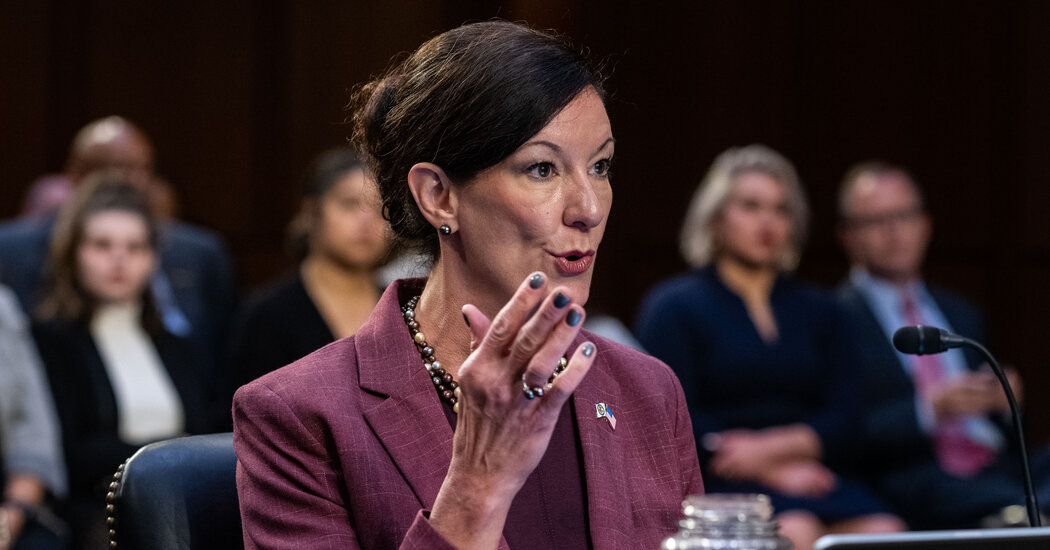
Tens of thousands of prisoners deemed to be at low risk of committing crimes again have languished in lockup for as long as a year after they reached their release date under the First Step Act.
Vanessa Crowe, a 50-year-old grandmother serving a long federal prison term on drug charges, eagerly enrolled in programs to cut her time behind bars — and was told she was eligible for release in May under a landmark sentencing reform law passed in 2018.
But this year, as she prepared to leave a prison camp in Florida, Ms. Crowe got devastating news: She would remain incarcerated until mid-2025 because the Bureau of Prisons simply did not have a slot for her in a halfway house or in its home detention programs.
Tens of thousands of federal prisoners deemed to be at low risk of committing crimes again have found themselves in a similar predicament, languishing in lockup for as long as a year after they reached their official release date under the First Step Act, which intended to create a fast-track pathway to release.
On Friday, the American Civil Liberties Union filed a lawsuit on behalf of Ms. Crowe and other people in a similar situation, arguing that the bureau is flouting the law by detaining them beyond their calculated release dates.
“Time is what I owed for my wrongdoing, and I have paid my time, but I should not have to spend more time in prison than the law allows,” Ms. Crowe, who is finishing out a 10-year stretch at Federal Correctional Institution, Marianna, a medium-security prison outside of Tallahassee, Fla., wrote in a deposition.
Bureau officials did not immediately respond to a request for comment.
But in the past, they have conceded that the First Step Act’s provisions have overwhelmed their capacity to process prisoners. Under the law, inmates can accrue credit toward accelerated release by enrolling in a range of education, behavioral, substance abuse treatment and vocational programs.
This post was originally published on this site be sure to check out more of their content.








